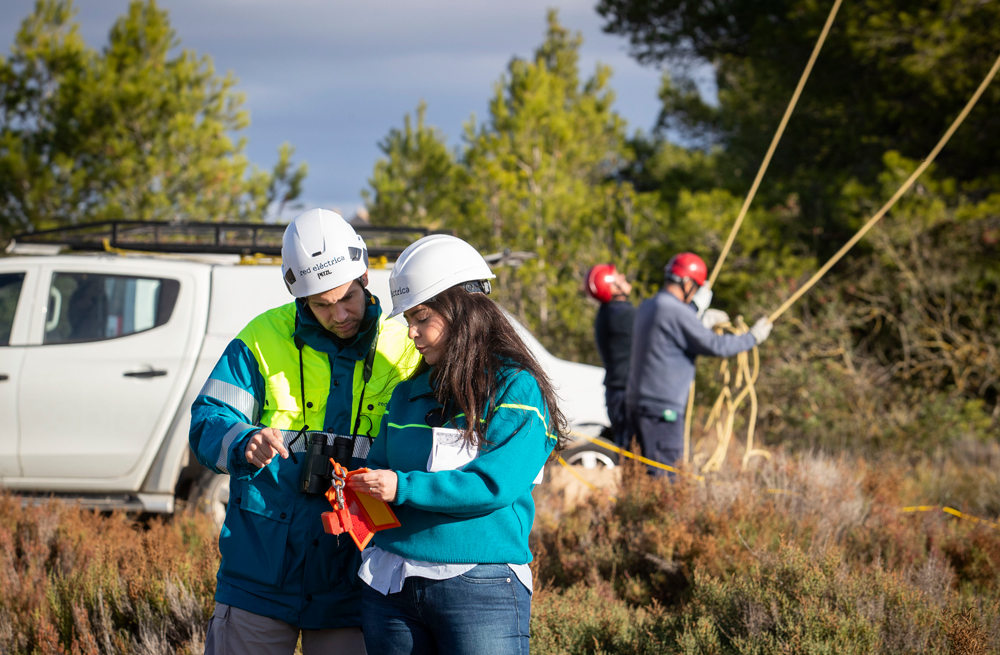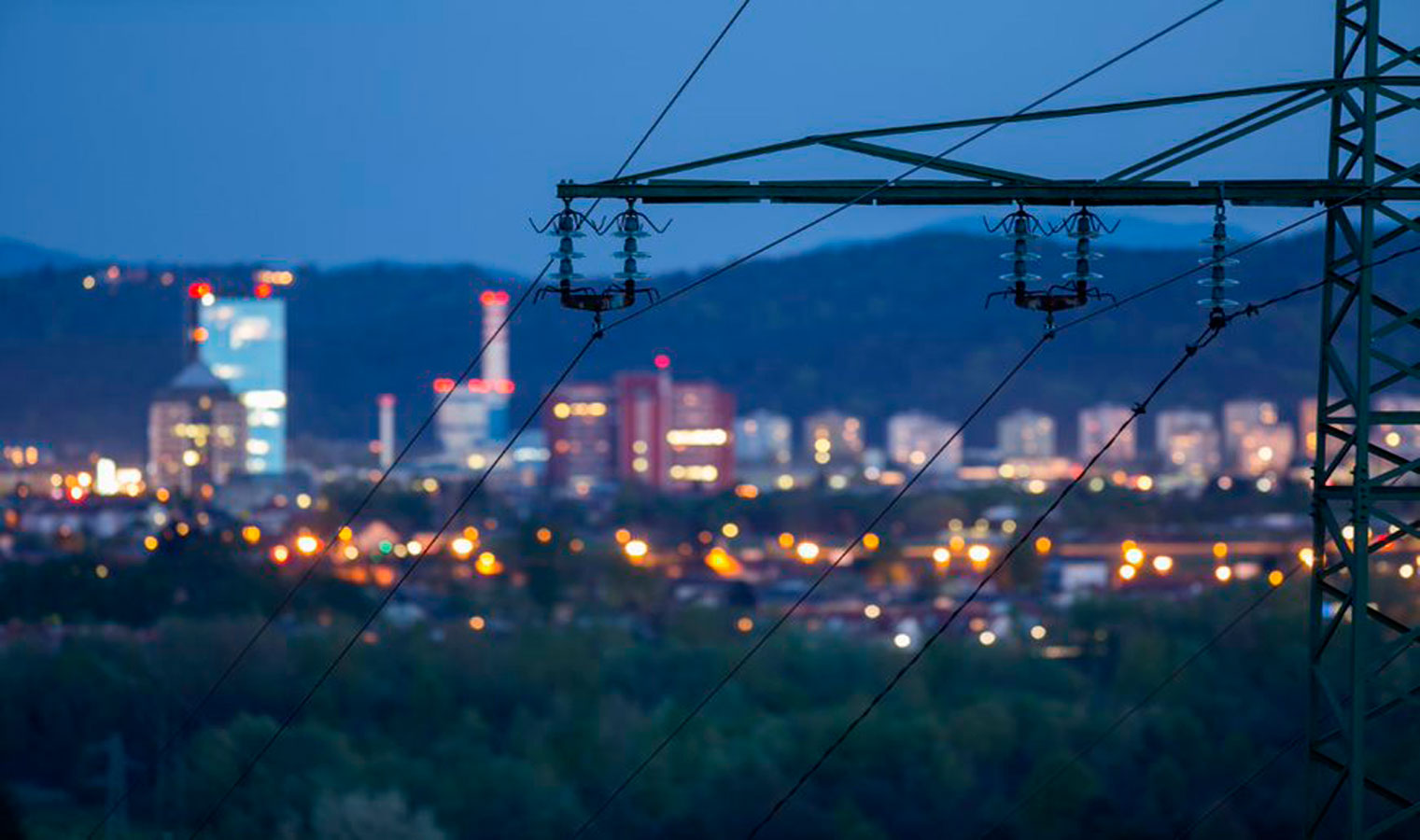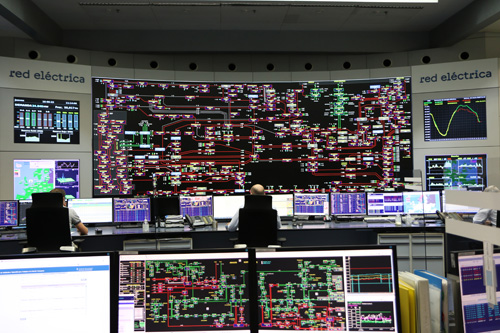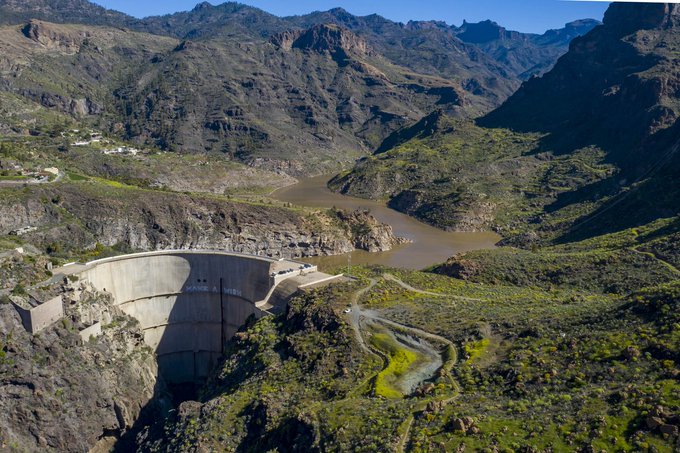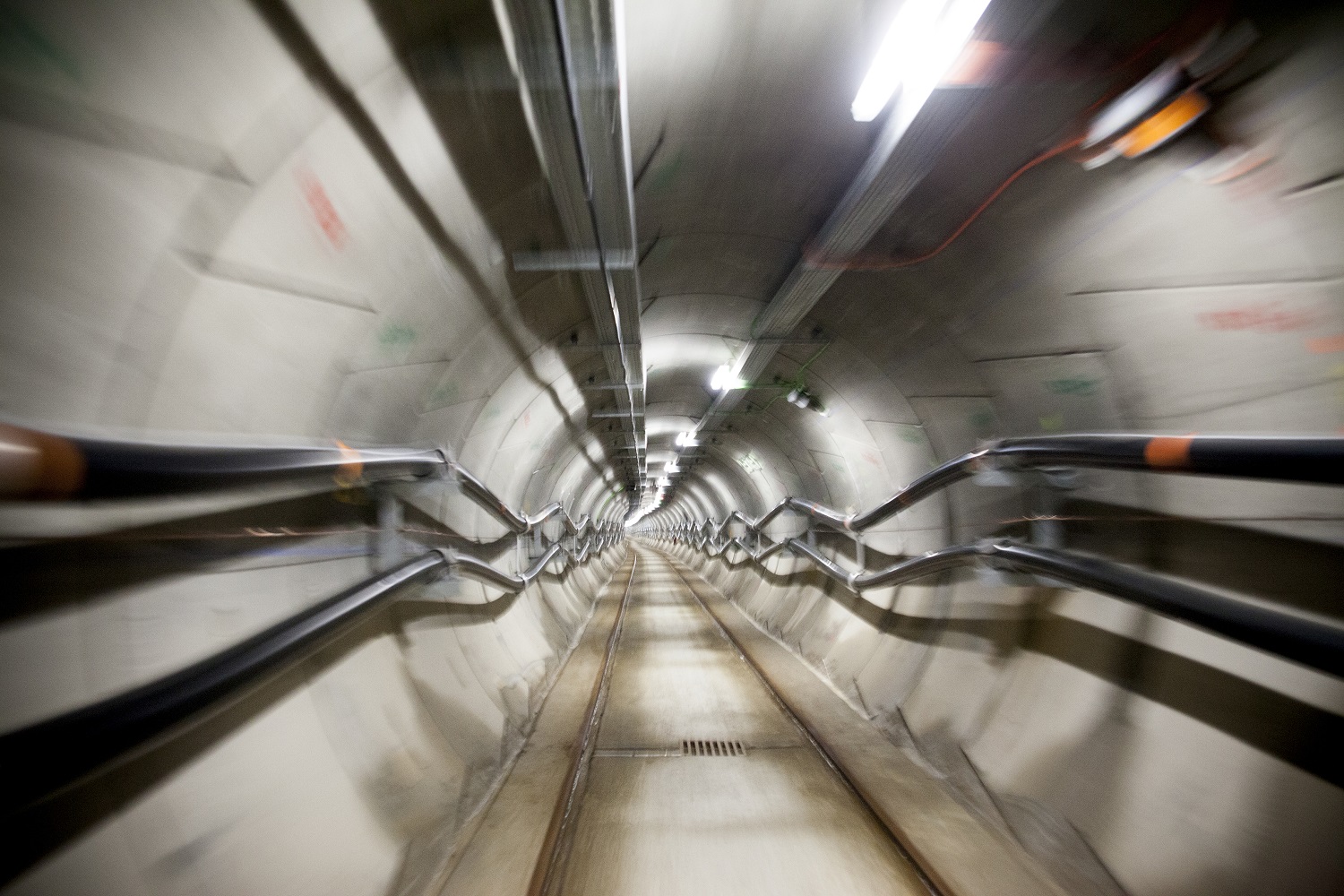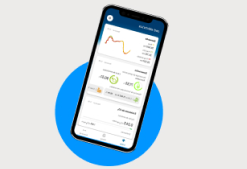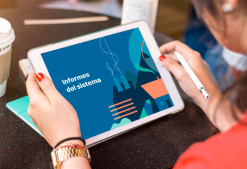For 40 years, we've been driving our country's economic and social progress. Four decades shaping Spain.
The Red Eléctrica Group and Acción contra el Hambre are working together to narrow the digital divide and create employment opportunities in Asturias
- The company is supporting ‘Vives Proyecto Digital’, a training project that provides unemployed and vulnerable people with digital competence and access to connectivity to help them find their way back into work.
- The content of the course includes the use of employment websites, creation of a digital CV, holding remote interviews, obtaining a digital certificate and using the internet to complete official paperwork
- “The digital divide is one form of inequality that affects a large part of the rural areas in our country. Because Red Eléctrica operates across the whole country, and we are aware of the world they live in, we want to make sure that nobody gets left behind in the process of digital transformation that we are in”, says the Group’s Head of Sustainability
The Red Eléctrica Group and Acción contra el Hambre are working in Asturias this year to narrow the digital divide for unemployed and vulnerable people. The main goal is to enable them to find work, either as employees or by helping them start up entrepreneurial projects.
The company is supporting ‘Vives Proyecto Digital 2021-2022, Digital Transformation and Inclusive Employment’, a training project run by Acción contra el Hambre which allows people to work and get training in skills that are in demand in the post-Covid labour market. The programme draws on the European Digital Competence Framework for Citizens, also known as DigComp, a tool designed to improve the digital skills of the European population.
The contents of this project include the use of employment websites, the preparation of a video curriculum and a digital CV, remote interviews, the use of entrepreneurial platforms, working in the cloud, the use of digital communication tools and awareness of ‘Netiquette’, referring to the rules of behaviour on the internet, among others. There are other items about digital identities and cyber security, how to obtain a digital certificate and how to process official documents online.
The programme also includes the distribution of tables and data cards during the course to those participants who suffer access problems, in the sense that they have no devices or connectivity resources.
“The pandemic has made the digital divide even more obvious for vulnerable people. This divide prevents them from finding employment and integrating fully in society. Access to digital skills and knowledge is more important for employment than ever thanks to the increase in electronic devices and digitalization of job searches, and engagement with businesses” explains Antonio Calvo Roy, Manager of Sustainability for the Red Eléctrica Group.
In this sense, he points out that “The digital divide is one form of inequality that affects a large part of the rural areas in our country. Because Red Eléctrica operates across the whole country, we are aware of the world they live in, and we want to make sure that nobody gets left behind in the process of digital transformation that we are in”.
For its part, the representative of Acción contra el Hambre in Asturias, Paloma Gallego, says that “the labour market in Asturias is less dynamic than Spain in general. A market in a volatile, complex, ambiguous and unpredictable situation, where digital transformation cannot be halted, especially after Covid. There is a clear need for the skills to make the change more secure and reduce uncertainties. Having allies like the Red Eléctrica Group in this area is bound to help us turn the situation of many vulnerable people around, who would otherwise be lost to the system”.
In Asturias, 38.9% of the men and 43.5% of the women who are unemployed have been out of work for a long time. The employment rate here is 44.11%, which is 5.5 points lower than the national level. It is the third worst rate in the country for women (40.3%) and the second worst for men (48.65%).

